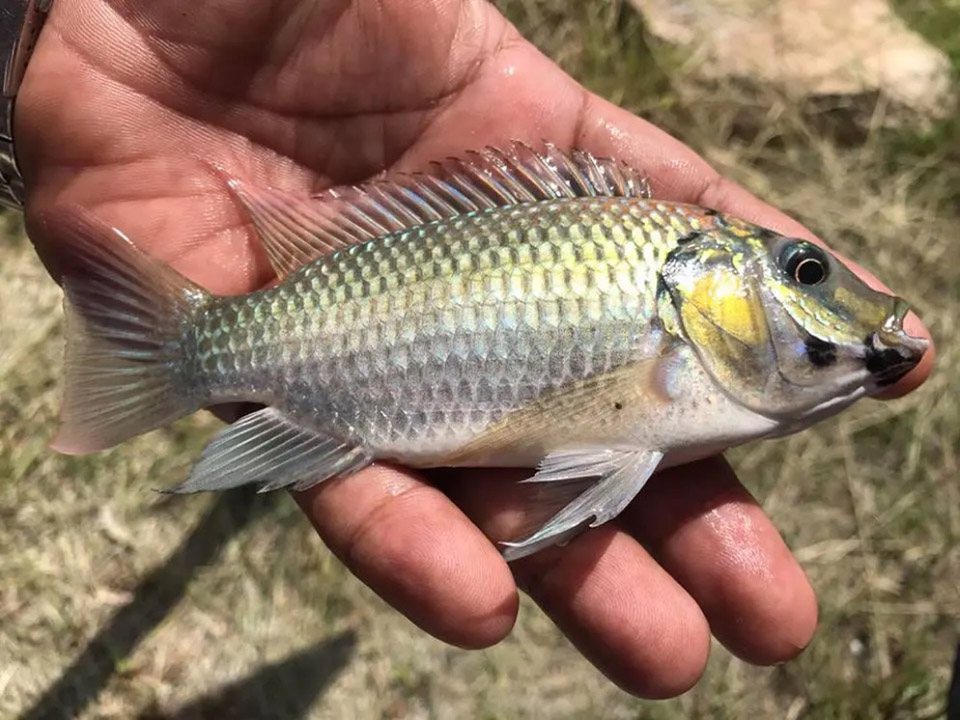
Thailand is grappling with a growing ecological threat as the invasive black chin tilapia, an alien species native to Ghana and South Africa, has been found in many provinces along the Gulf of Thailand.
Nattacha Boonchaiinsawat, a Move Forward Party MP and vice-chairman of a subcommittee investigating the issue, revealed that a private company imported 2,000 of these fish in 2010 for research purposes and claimed all specimens were subsequently destroyed.
The subcommittee is now investigating the origins of the current invasive population in natural water resources. DNA studies conducted by the Department of Fisheries on black chin tilapia samples from six provinces have confirmed that all specimens share the same genetic origin.
The subcommittee plans to compare this DNA with that of the originally imported fish to determine if the current invasion is related to the 2010 research project.
As the investigation continues, questions remain about the disposal of the original imported fish. According to a 2017 report by the National Human Rights Commission, nearly 2,000 fish were reportedly buried, with only about 50 specimens preserved in jars and sent to the Department of Fisheries.

The subcommittee is now seeking to compare DNA samples from these preserved specimens with the invasive population to determine any possible link.
According to the latest data from the Department of Fisheries, the Black Chin Fish (Sorotheodon Melanotheron), an invasive alien species, is currently spreading in 13 coastal provinces along the Gulf of Thailand including Chanthaburi, Rayong, Samut Prakan, Bangkok, Samut Sakhon, Samut Songkhram, Ratchaburi, Phetchaburi, Prachuap Khiri Khan, Chumphon, Sarat Thani, Nakhon Si Thammarat and Songkhla.
This invasion is impacting the ecosystem and causing significant distress to local residents, as these fish prey on young fish, shrimp larvae, and shellfish, which are important fishing products. Additionally, they have entered farmers’ aquaculture ponds. The Black Chin Fish can survive in freshwater, saltwater, and brackish water environments and reproduce rapidly, producing over 500 offspring at a time.
In Thailand, the first outbreak of black chin tilapia was detected in Samut Songkhram province around 2012. Subsequently, a more widespread invasion was observed in 2016.
The Department of Fisheries is urgently addressing the black chin tilapia outbreak through genetic research and development aimed at creating sterile populations of the fish to tackle the problem at its root. The Director-General of the Department of Fisheries estimates that the research will take approximately 18 months to complete. (TNA)








